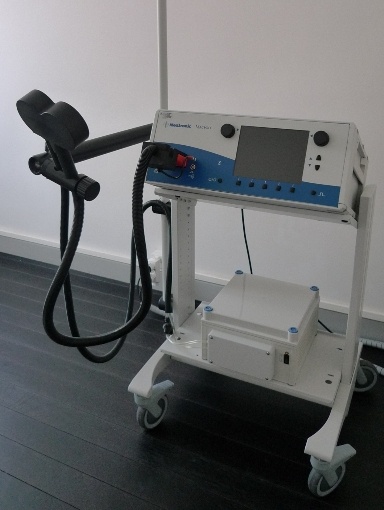What kind of side effects can rTMS provoke?
In comparison with other treatments for depression, rTMS has been shown to have very few adverse or undesirable effects. Generally speaking, the side effects of rTMS are relatively mild.
The most common potential side effects of rTMS are the following:
In order to reduce the above-mentioned side effects and in order to avoid complications, the physician who will administer rTMS will scrupulously follow all safety recommendations adopted by the International Federation of Clinical Neurophysiology (IFCN, http://www.ifcn.info) and by the International Society for Transcranial Stimulation.
What is the payment method?
Since rTMS is a new therapeutic approach in the medical field, access to such type of care is important for us. For this reason, we aim at providing quality care at an affordable cost to our patients. rTMS is not yet covered under health-care insurances in Switzerland. Consequently, the cost of the rTMS sessions will be billed to you directly on a weekly basis.
What type of device is used?
In our practice setting, repetitive transcranial magnetic stimulation (rTMS) is administered with a device that meets CE standards with the necessary characteristics of use for therapeutic purposes. The device is also FDA approved for the treatment of resistant depression.

